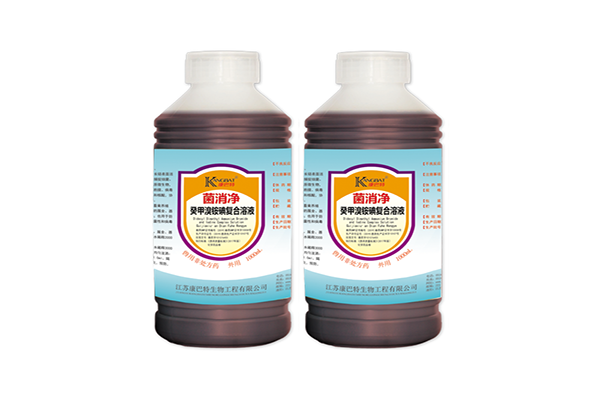The last article introduced the misunderstandings of farm disinfection, which has been of great help to many friends. Today, the editor will continue to introduce to you, hoping to help you.

Misconception 4: The stronger the smell of disinfectant, the better the effect
The pros and cons of disinfectants are not easy to lie in the smell. There are many good disinfectants that have no smell at all, but their disinfection effect is particularly good. Therefore, the selection and application of disinfectants do not depend on the depth of smell, but on the disinfection effect, whether there are disinfection blind spots.
Misconception 5. Long-term single use of the same type of Changzhou disinfectant
The long-term single application of the same type of disinfectant will make the bacteria and pathogens resistant to drugs, which will increase the difficulty of eliminating the bacteria and pathogens in the future. Therefore, poultry farms should replace different types and types of disinfectants to improve the disinfection effect.
Misconception 6: There is no need to disinfect and prevent after vaccination
Although injecting vaccines is a way to prevent diseases, if a large-scale influenza occurs, it is very likely that it will take at least 6 months to produce and many reasonable vaccines.
Using chicken embryos to make vaccines is a reliable technology with a long history, but some types of cold viruses are too fierce, and it is possible to completely kill the chicken embryos used to mold them, and then it is impossible to produce vaccines. Even if this kind of situation is not easy to occur, the collection of countless raw eggs as raw materials is also a problem. Moreover, the two proteins on the surface of the cold virus, hemagglutinin (H) and neuraminidase (N), have many changes in structure. Promoting the prevention effect of existing vaccines is not 100% reliable, so in addition to vaccine prevention, we must also strictly carry out disinfection prevention work.